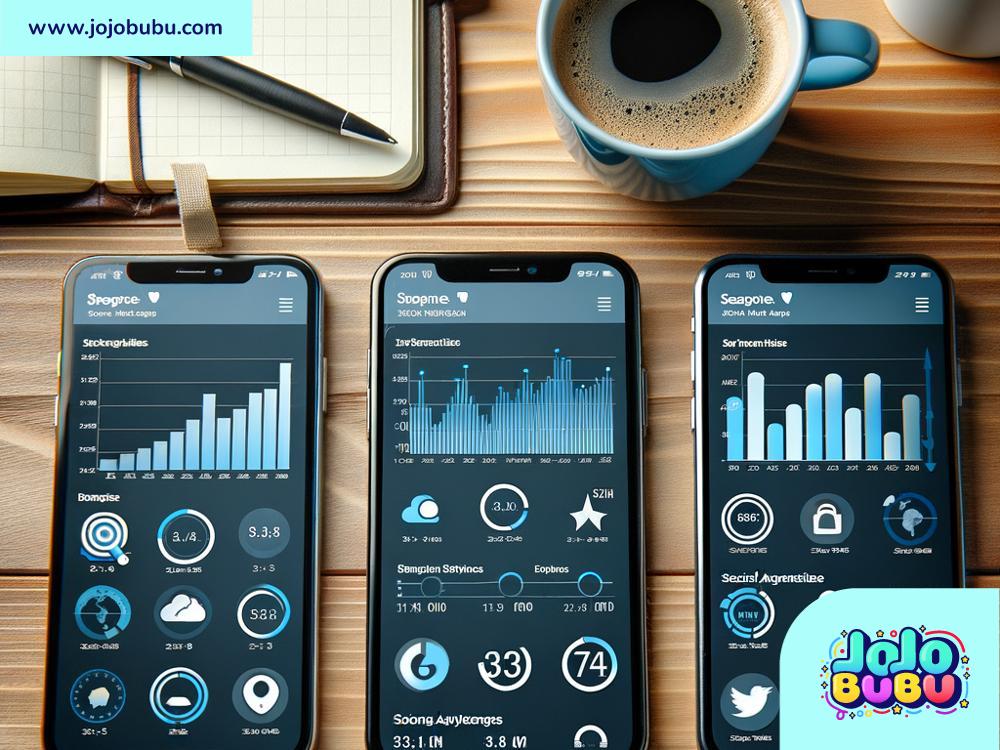Managing Social Media Comparison: Keeping Your Focus on What Truly Matters
Social media has become a huge part of our daily lives, allowing us to connect with others, share ideas, and stay informed. Platforms like Instagram, Facebook, TikTok, and Snapchat make it easy for people to share their highlights: beautiful photos, exciting achievements, or life milestones. While these moments can inspire and entertain, they can also lead to an overwhelming sense of comparison. Many of us find ourselves wondering, "Why isn’t my life as exciting as theirs?" or "How can I ever measure up to these people?"
It’s okay to feel this way occasionally. It's natural for humans to compare themselves to others; it’s how we make sense of the world and evaluate our place in it. But when social media comparison becomes constant, it can lead to negative feelings like insecurity, jealousy, and even lower self-esteem. Thankfully, this is something you can manage with a few simple strategies. Let’s dive into how you can tackle social media comparison and focus on what's truly important: your own growth and happiness.
Why Do We Compare on Social Media?
The nature of social media encourages comparison. Every day, we scroll through beautifully curated posts that show people enjoying vacation getaways, dressing in trendy outfits, or achieving big career milestones. But here’s an important fact: social media shows only a piece of someone's full story.
Most people share their best moments on social media—not their struggles, failures, or the boring parts of their lives. What you see online is a highlight reel, not reality. Everyone faces challenges, doubts, and frustrations, even if they don’t post about it.
Knowing this is the first step to managing social media comparison. The second step? Recognizing that your worth isn’t determined by likes, followers, or how your life looks compared to someone else's.
Steps to Manage Comparison
Here are a few practical ways to handle social media comparison and shift your mindset toward something healthier.
1. Limit Your Social Media Use
The more time you spend on social media, the easier it is to fall into the trap of comparison. By reducing your time online, you'll free up mental space to focus on things that bring you joy or help you grow.
Try setting limits on how much time you spend scrolling. Many phones and apps have tools to monitor screen time or send reminders when you’ve been online for too long. Use these tools to create boundaries, and spend that extra time doing something meaningful, like reading, exercising, or connecting with loved ones in person.
2. Unfollow Accounts That Trigger Negative Feelings
Take a close look at who you follow on social media. Are there people whose posts make you feel sad, inadequate, or stressed out? Be honest with yourself, and don’t be afraid to unfollow or mute their accounts.
Remember, you have control over your social media feed. Curate your experience by following accounts that uplift, educate, or inspire you. Consider adding motivational speakers, artists, or organizations that promote positive messages to your feed.
3. Practice Gratitude
One powerful antidote to comparison is gratitude. Take a moment each day to reflect on what’s good in your life. Write down three things you’re thankful for—big or small. This habit can help you focus on your blessings rather than wishing for what others have.
Over time, practicing gratitude shifts your perspective. When you focus on the positive aspects of your own life, the urge to compare starts to fade.
4. Remember Your Unique Journey
No two people are the same, and that’s the beauty of life. Your journey will look different from someone else’s, and that’s okay. Instead of comparing where you are to where someone else is, focus on improving yourself one step at a time.
Set your own goals and celebrate your achievements, no matter how small. Success isn’t about having the perfect Instagram feed—it’s about feeling fulfilled and proud of the progress you’re making.
5. Talk About Your Feelings
If social media comparison starts to feel overwhelming, don’t keep it bottled up. Share your feelings with a trusted friend or family member. Chances are, they might have experienced similar struggles and can offer advice or empathy.
Sometimes, just talking about what’s bothering you can make it feel less heavy. Knowing you’re not alone can help you regain perspective and focus on things that truly matter.
The Bigger Picture
While social media can make it easy to compare yourself to others, it’s important to remember that your worth isn’t defined by how your life looks through a screen. Everyone has ups and downs, even those with seemingly perfect online profiles.
Managing social media comparison isn’t about avoiding social media altogether—it’s about shifting your mindset and using these platforms in ways that benefit your mental and emotional health. When you focus on gratitude, self-growth, and surrounding yourself with positive influences, you’ll start to see social media as a tool for connection and inspiration, rather than a source of negative comparison.
So the next time you find yourself scrolling and comparing, pause and remind yourself: you are enough, just as you are. Celebrate your own journey, and remember that each person’s path is different—and that’s what makes life beautiful.

